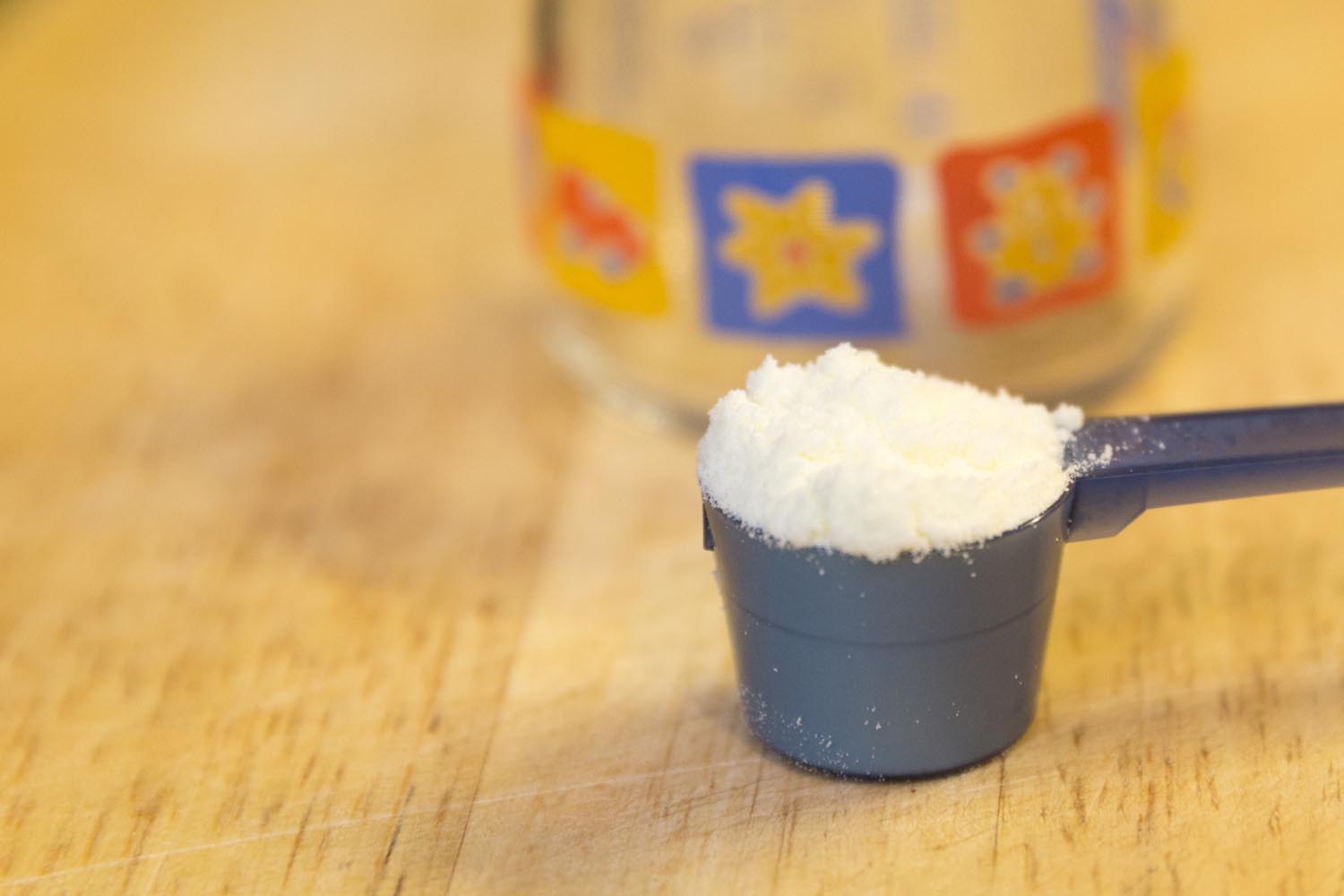Of course, the best food for the baby is breast milk. But there are situations when the mother cannot breastfeed her baby, and then the formula is the only way out. In order for the baby to grow up healthy and strong, every mother should learn how to prepare a baby formula correctly and avoid common mistakes.
Feed the baby at the first cry
Quacking, as well as crying baby, is a peculiar language that he uses to communicate with adults. He resorts to it on many occasions, for example, when he is hot or cold, disturbed by uncomfortable clothes or a soiled diaper. Sometimes newborns show their dissatisfaction with insufficient milk intake this way. But scientists have proven that feeding babies formula more often than once every 3-3.5 hours is dangerous to their health. In between, babies want something to suck, worry and cry. The pacifier was invented to satisfy the sucking reflex in unnaturally breastfed babies.
If the baby sleeps well and for a long time, there is no need to wake him up. A hungry baby will not sleep!
It is very important for an infant in the first month to be fed regularly because his stomach is very small and once in the first two weeks he can eat 40 grams or a little more. Babies digest formula quickly, and in 1.5-2 hours the baby is ready for a fresh portion. That is why the rhythm of daily feedings should not be more than every 2-2.5 hours.
Hurriedly changing the formula if your baby’s stool changes slightly
Changing the baby’s main food should follow certain rules. The main condition for replacement is a justified need, not the mother’s desire to switch to another food.
This does not apply to situations where you are just choosing the right baby formula. Usually, mothers try several different brands or types of formula to see how the baby reacts. For example, you might try HiPP Dutch stage 1 or Holle Stage 1. We recommend introducing any baby formula into your baby’s diet only after consulting your pediatrician.
The second, no less important, is a consultation with the pediatrician. The doctor must recommend baby food suitable for the age and health of the child. After all, new food for the baby is always real stress. Therefore, you need to make it as easy as possible.
When introducing a new formula, you need to massage your baby and hold him/her close to you more often, warming him/her up with the warmth of your own body. Also, you should not buy rare brands. There should be enough formula on sale so that you don’t have to make an emergency change of feed due to lack of availability in the retail chain.
Insist on feeding one formula even if there is insufficient weight gain
With artificial feeding, it is necessary to take into account the fact that there may be situations when a child does not gain weight, but the growth rate increases and this option is considered normal. But if your baby is not gaining weight for 1 to 2 months, it is worth changing the formula, so it does not reach a critical point and cause harm to the health of the newborn.
Ignoring the individual peculiarities of a child’s digestive system
To begin with, you need to understand that all children are individual and that what is the norm for one baby may not be the same for another. If the baby has minor deviations from the average, and the child feels absolutely normal, then such a condition is a variant of the norm. But if the baby has digestive disorders or allergic reactions, you need to immediately contact your pediatrician and change the formula.
There is an opinion that babies feeding by formula suffer less because they do not care what their mother has eaten, but they can still have stomach problems, for example, if they swallow air while sucking on a bottle because the formula has not been diluted correctly, etc.
Never give your baby left-over formula or ready-mixed formula. The formula is usable up to 1hour after preparation, then it just goes sour.
Your main task as parents is to try not to make the above mistakes, to monitor whether you feed your baby correctly, whether he has enough formula, whether his general health is normal. If you find insufficient weight gain, there is no need to panic immediately, try to calm down and understand the reason for this condition. In most cases, this phenomenon is temporary and if you follow certain rules, it will return to normal.

